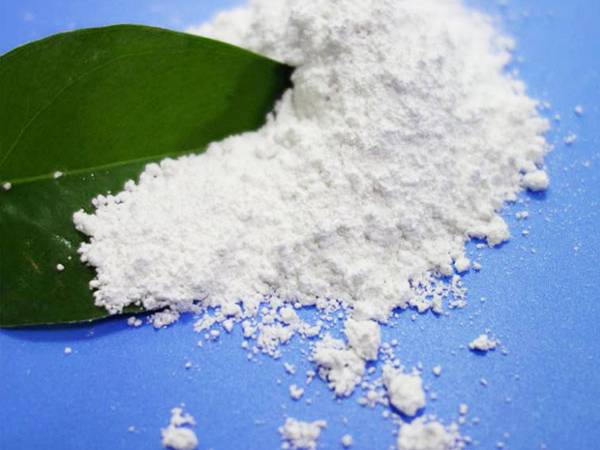



Structure and Properties of Potassium Persulfate for Chemical Applications
Understanding Potassium Persulfate Structure and Applications
Potassium persulfate, with the chemical formula K2S2O8, is an inorganic compound widely used in various industrial applications due to its unique oxidizing properties. This white crystalline powder bears significant importance in chemistry and industry, particularly in polymerization processes, food industries, and as a bleaching agent.
Chemical Structure
The structure of potassium persulfate features a central peroxo bond, which is characterized by the presence of a -O-O- (peroxide) linkage. In this compound, two sulfate groups (SO₄²⁻) are connected by a peroxide bridge. The overall molecular structure can be depicted schematically as follows
- The potassium ions (K⁺) occupy two cationic positions, balancing the overall charge of the compound. - The sulfate groups are quadricovalent, wherein each sulfur atom is double-bonded to two oxygen atoms and single-bonded to one oxygen atom, which is involved in the peroxo linkage.
This arrangement imparts potassium persulfate with strong oxidizing properties, making it highly reactive, particularly in aqueous solutions. The presence of the -O-O- bond allows potassium persulfate to decompose spontaneously, liberating sulfate radicals (SO₄•⁻) that can initiate various chemical reactions.
Properties
1. Oxidizing Agent Potassium persulfate is a powerful oxidizer, often used in organic synthesis and polymerization reactions. Its ability to generate sulfate radicals allows it to initiate radical polymerization of monomers such as acrylates and styrenes.
2. Solubility It is highly soluble in water, which contributes to its effectiveness as a reagent in various applications.
3. Stability The solid form is stable under standard conditions, though it is sensitive to heat and shock. Care must be taken during handling and storage.
4. pH Neutral In solution, potassium persulfate is generally neutral and does not alter the pH, making it suitable for use in sensitive chemical reactions.
potassium persulfate structure

Applications
1. Polymer Industry In the polymer industry, potassium persulfate is extensively used as an initiator for the polymerization of acrylates and styrenes. The intermediate sulfate radicals produced can initiate the growth of polymer chains, leading to the formation of various plastics and rubbers.
2. Water Treatment Due to its oxidizing capabilities, potassium persulfate is utilized in water treatment processes to remove pollutants, organic substances, and disinfect water.
3. Food Industry Its applications extend into the food industry where it serves as a bleaching agent, especially in flour treatment, helping to improve dough strength and texture.
4. Hair Products In cosmetics, potassium persulfate is often found in hair bleaching formulations. Its oxidizing properties assist in breaking down natural pigments in hair, allowing for lightening effects.
5. Analytical Chemistry It is also employed in analytical chemistry as a reagent for the synthesis of various compounds, aiding in the identification and quantification of certain substances.
Environmental Considerations
While potassium persulfate is a potent oxidizing agent with various applications, it must be handled with care. It can pose hazards if inhaled or ingested, and improper disposal can lead to environmental concerns. Recycling and proper containment strategies are essential in minimizing its impact. Moreover, regulatory guidelines dictate safety measures in its production and usage to prevent adverse effects on health and the environment.
Conclusion
In summary, potassium persulfate is an indispensable compound with a unique structure that leads to its distinct properties. Its role as a powerful oxidizer makes it vital in several industries, especially in polymerization processes. As the demand for effective and efficient chemical reagents continues to rise, potassium persulfate will likely remain a cornerstone in various industrial applications. However, with its considerable reactivity comes the responsibility for safe handling and environmental stewardship, ensuring the benefits of its use are realized without compromising safety or ecological integrity.
-
Using Potassium Nitrate for Colorants in Various ProductsNewsApr.29,2025
-
Safety Precautions When Handling Monopotassium PhosphateNewsApr.29,2025
-
Lead Oxide in Wastewater Treatment: A Powerful SolutionNewsApr.29,2025
-
Innovations in Sodium Chlorite ApplicationsNewsApr.29,2025
-
How Lead Nitrate is Used in Analytical ChemistryNewsApr.29,2025
-
Different Grades of Sodium Bisulfate: Which One Do You Need?NewsApr.29,2025
-
Sodium Chlorite vs. Other Disinfectants: A Comparative AnalysisNewsApr.14,2025










